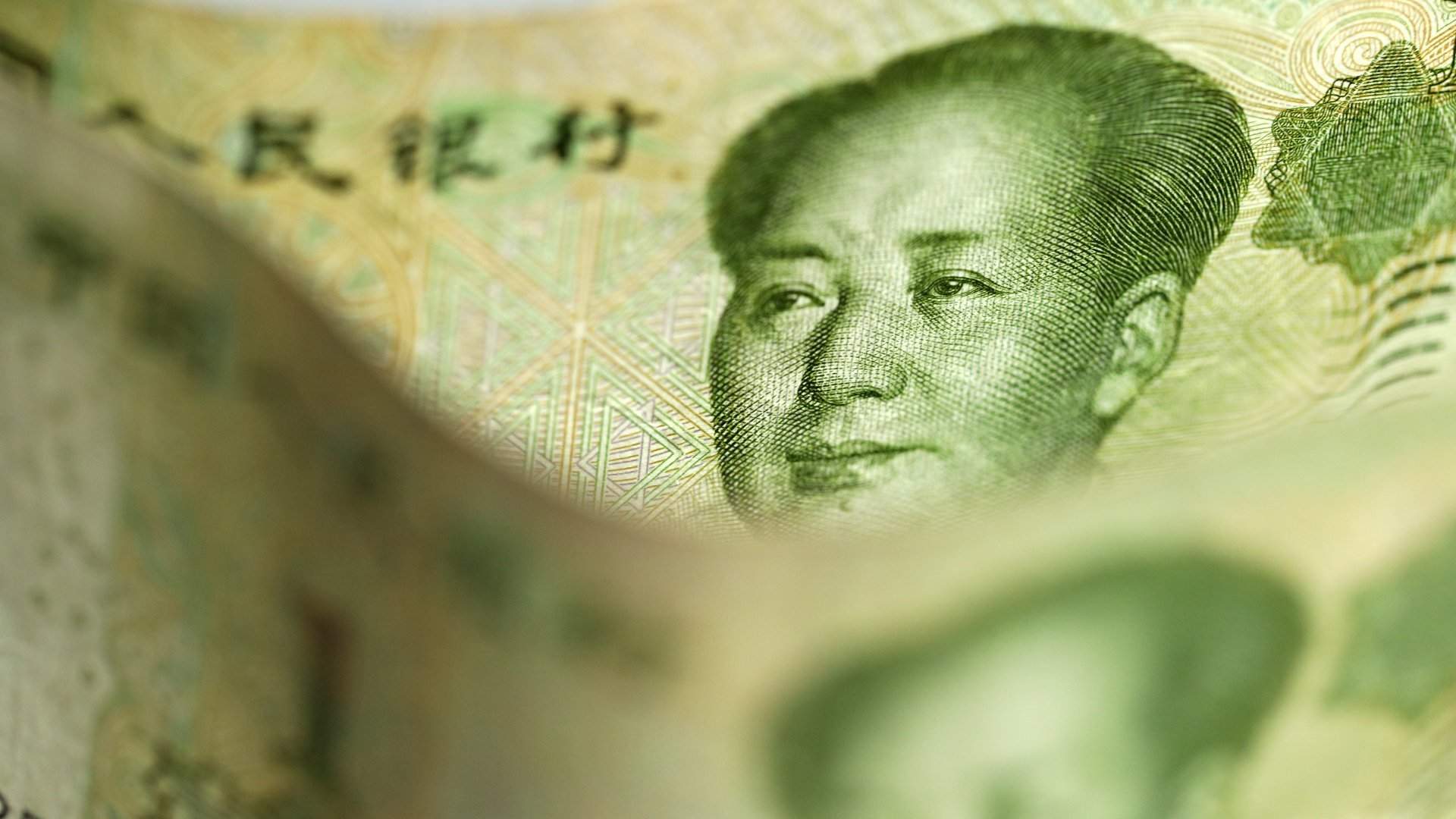
Fitch downgrades China's sovereign credit rating
Despite the recent revival of the Chinese economy, Fitch, one of the Big Three credit rating agencies, has downgraded China's credit rating outlook to negative. This decision was made due to the risks to the financial system during the transition to a new growth model.
Moody's downgrade of the rating in December last year did not raise any questions. However, the current economic situation is different from three months ago. We hope to meet the economic growth goals set in March at the NPC session.
Fitch's revision of the rating outlook reflects the challenges in China's financial system due to slowing economic growth and increasing debt. According to Gary Ng, senior economist at Natixis Asia-Pacific, this does not necessarily mean that a default will occur in the near future. He suggests that the financial situation of the provincial authorities is unimportant.
Fitch predicts that the government deficit, which includes infrastructure and other government financial activities outside the budget, will increase to 7.1% of GDP in 2024 from 5.8% in 2023. This will be the highest deficit since 2020, when it reached 8.6% of GDP. It is important to note that in 2020, the Middle Kingdom was under strict coronavirus restrictions, which heavily impacted the economy.
Although Fitch downgraded the outlook from stable to negative, they affirmed China's issuer default rating at A+.
Similarly, S&P also gave China an “A+” rating, which is equivalent to “A1” from Moody’s.
Fitch does not share the recent general optimism about the growth of the Chinese economy based on good statistical data for March. Fitch analysts predict that China's economic growth will slow to 4.5% this year from last year's 5.2%. IMF economists predict that China's GDP growth will be 4.6% in 2024.
Fitch stated that the revision in outlook is due to the increasing risks in China's financial system. The Chinese government is transitioning to a more practical and sustainable growth model, which has led to increasing uncertainty about the economic outlook.
China aims to reduce its budget deficit to 3% of output this year, compared to 3.8% last year. There are plans to issue 1 trillion yuan ($138 billion) of special ultra-long-term Treasury bonds, which are not included in the budget. Additionally, provincial governments will issue 3.9 trillion yuan in bonds, which is an increase of 100 billion from last year.
The debt-to-GDP ratio reached a new record high in 2023, standing at 287.8%. This represents a 13% increase from the previous year, according to the National Institute of Finance and Development.
The Ministry of Finance of the People's Republic of China has expressed regret over Fitch's credit rating downgrade and has reiterated its commitment to minimizing the risks associated with provincial authorities' debts.
